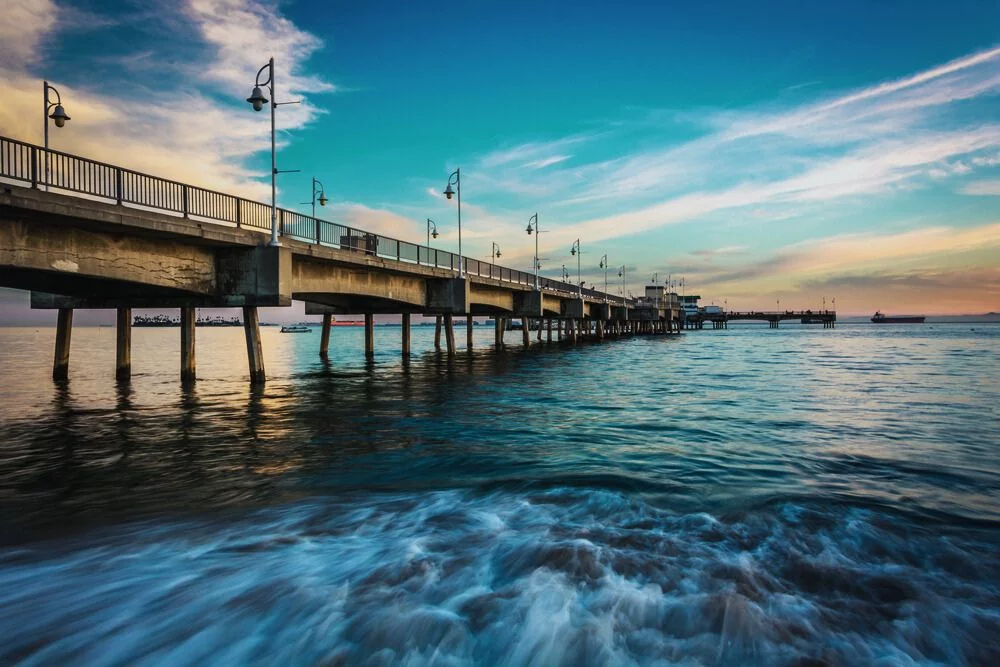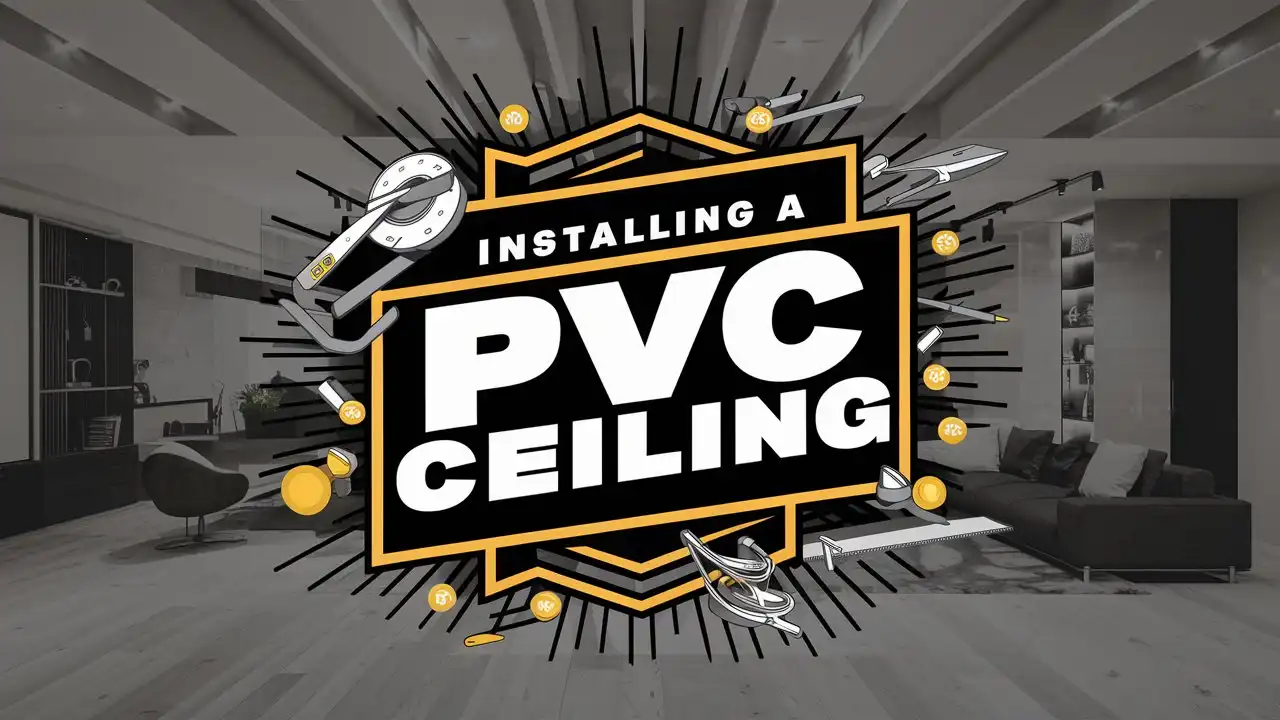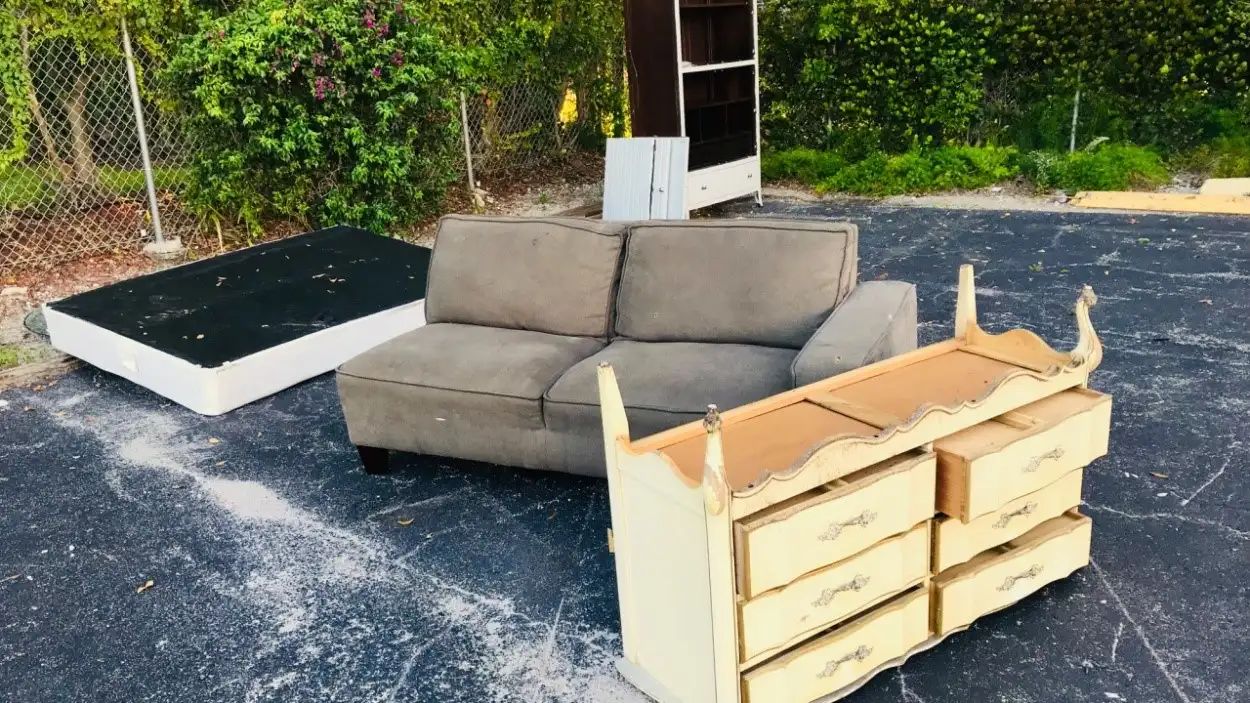Integrating a plunge pool into one’s living space is becoming an increasingly popular way to enhance both lifestyle and property value. Whether for aquatic exercise, cooling off in hot weather, or simply as a tranquil retreat, the addition of a plunge pool holds immense appeal. If you are contemplating introducing this water feature to your home, understanding the steps to select and set up the perfect plunge pool is crucial.
Understanding the Plunge Pool Concept
A plunge pool is designed for cooling off rather than swimming laps. Its petite stature makes it an ideal choice for smaller spaces or plots where traditional pools may not be feasible. Despite their compact size, plunge pools can be tailored with luxurious features like jets or heating to enhance the user’s experience.
Choosing the Right Plunge Pool
When considering a plunge pool by Swimming Pool Kits Direct, several factors come into play. Firstly, think about the size of the space available and how the pool will be used. Are you looking for a solitary escape or an area to entertain guests? The design and aesthetic should harmonise with your house and garden, reflecting your personal taste.
Benefits of Building Your Own Fiberglass Swimming Pool
Deciding to build your own fiberglass swimming pool comes with a host of benefits. Fiberglass is a durable material that resists algae and requires less maintenance than traditional concrete pools. Purchasing a DIY kit not only reduces costs significantly but also provides the satisfaction of constructing the pool with your own hands. Additionally, fiberglass pools are quicker to install, which means you could be taking a dip in a matter of days after receiving your kit.
Site Selection and Preparation
Before installing a plunge pool, the chosen area must be accessible for both excavation equipment and delivery of the pool shell. It’s imperative to consider factors such as soil type, drainage capacity, and proximity to utilities. An assessment by professionals can highlight any potential issues before they arise during installation.
Securing Permissions
Many regions require permits to build swimming pools. Ensure compliance with local regulations regarding fencing, pool barriers, and safety features. The process can be time-consuming, so starting ahead is advisable to avoid delays in your plunge pool project.
The Installation Process
For a fiberglass pool, one must properly prepare the site, creating a stable, level base. This base typically consists of a bed of fine, compacted sand. The next step involves placing the preformed pool shell into the excavated hole. Secure plumbing and any additional features, such as lighting or heating, are installed before the pool is carefully backfilled to avoid any shifting.
Customisation and Additional Features
Your plunge pool should be as individual as you are. Customisation options include water features, tiling, coping, and decks. You can elevate the aesthetic appeal and functionality of your pool. As an integral element of your exterior design, the details can make all the difference.
Going Above Ground
Not all plunge pools require excavation. A custom above ground swimming pool can be a convenient alternative. These pools can be freestanding with exterior support or partially submerged into a deck for a semi-inground appearance. Above ground options can be installed more quickly and typically at a lower cost.
Decking Considerations
Choosing the right decking for your plunge pool is just as important as the pool itself. A deck should be safe, resistant to water, comfortable underfoot even in sunny weather, and complement the style of your pool and home.
Landscaping for Ambiance
The right landscaping can transform a simple pool into a backyard oasis. Consider plants that can tolerate splash-out from the pool water and create a buffer for privacy. Also, take into account maintenance as some plants may drop leaves or debris that could end up in the pool.
Maintenance and Upkeep
Maintaining a plunge pool is generally less labor-intensive than a full-sized pool. Keep on top of regular cleaning, water chemistry, and filter maintenance to ensure the longevity of your pool. Even during the cooler months, proper care is required to avoid potential damage.
Seasonal Considerations
In regions with varying seasons, it’s essential to prepare your plunge pool for the extremes. Protective covers, heating solutions, and considering the pool’s sun exposure will aid in year-round enjoyment and maintenance.
Cost-Efficiency and Long-Term Benefit
Although establishing a plunge pool is an investment, it’s worth considering the long-term value. Not only does a well-designed plunge pool provide a space for relaxation and entertainment, but it can also improve the overall desirability of your property should you decide to sell in the future.
Enlisting Professional Help
While it’s possible to embark on a DIY installation, seeking professional guidance can be invaluable. From the initial planning stages to the final touches, experts can offer advice, prevent common pitfalls, and ultimately ensure the success of the installation.
Choosing and setting up a plunge pool is an exciting process that can provide years of enjoyment. Remember to take your time in selection, consider all factors thoroughly, and always adhere to local guidelines and regulations. With the right approach, your plunge pool will become a cherished feature of your home.








